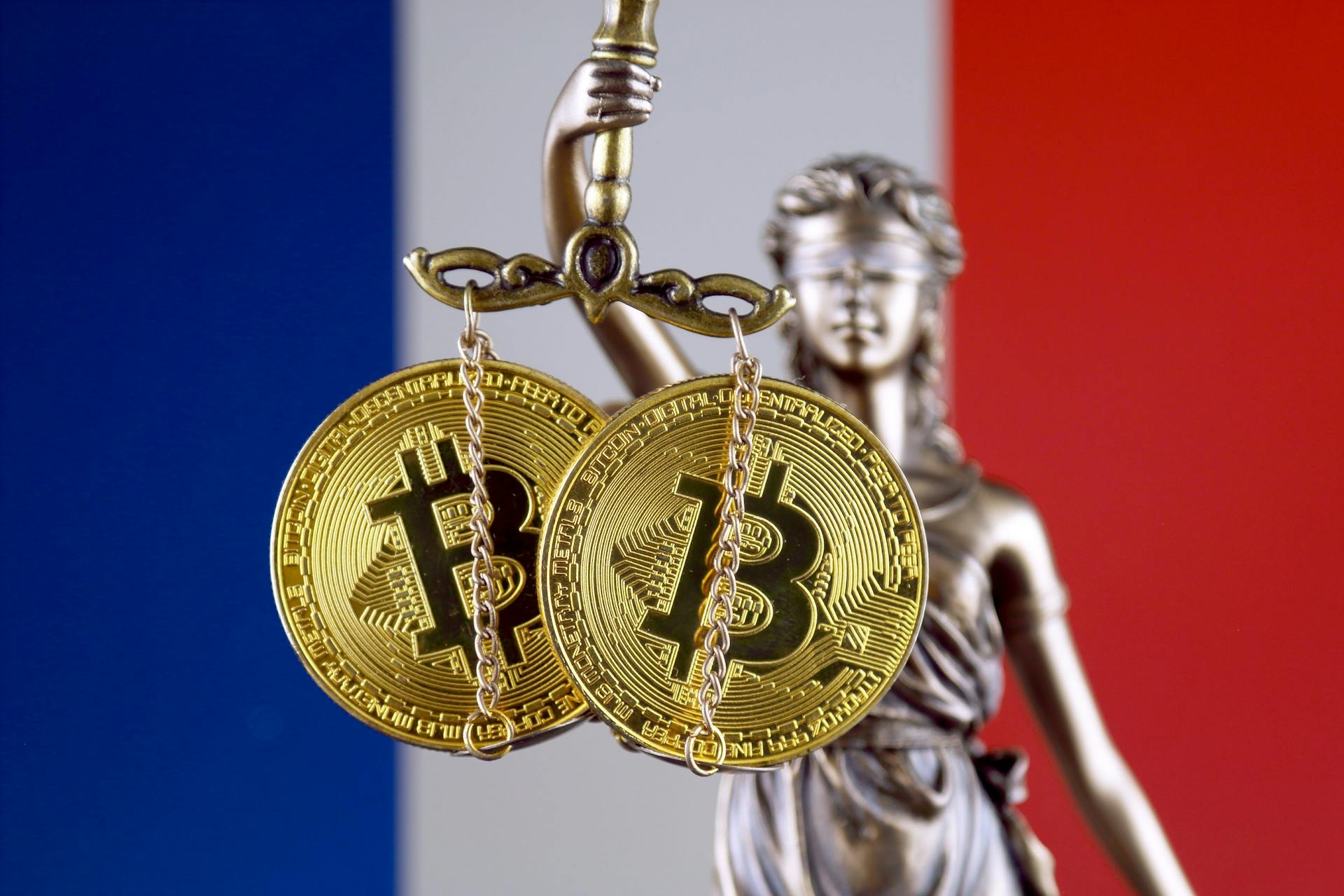
President Emmanuel Macron enacted the PACTE law on 23 May 2019, intented to attract cryptocurrency issuers and traders to set up in France_._ Introduced by the Minister of Economy and Finance Bruno Le Maire, the new law was adopted by the Parliament on 11 April 2019 and approved by the Conseil constitutionnel (constitutional council) on 16 May 2019.
The law, named the "Action Plan for Business Growth and Transformation", aims at creating a legal environment that encourages the growth of small and medium-sized enterprises (SMEs), including in the crypto market. Specifically, the law enables issuers of initial coin offerings (ICOs), as well as "digital assets services providers" (DASPs), to obtain an "optional visa" from the financial markets regulator (AMF) to give legitimacy to their business activities.
The Ministry of the Economy and Finance drafted the law on the recommendations of the AMF through a consultation conducted in 2018. A public consultation took also place, spelling out the needs and expectations of the industry.
The issuance of tokens that are not classified as financial instruments remains largely unregulated within the EU. The lack of a legal framework makes it more difficult for potential investors to distinguish serious ICO projects from fraudulent ones.
Fundraisers do not have to obtain a visa in order to initiate a legal ICO in France; however, the AMF will maintain a "white list" of certified projects, which may help potential investors identify more reliable issuers. The new law seeks to better protect crypto investors by making available better information, certainty and protection.
Article 86 of the PACTE law provides a list of services that are considered "services of digital assets". Providers of these services are eligible for an optional visa as a "DASP". DASPs include custodians, brokers/dealers and stock exchanges. To qualify for the visa, these service providers should have, among other things, permanent professional liability or equity insurance, an adequate security and internal control system, a resilient and secure computer system and a system for managing conflicts of interest. In brief, the market authority will verify who is behind a trading platform and will review the reliability and professionalism of that person. The government is expected to take implementing decrees in the next couple of months in order to further specify the visa requirements.
The optional visa offers DASPs the possibility to appear more reliable on the crypto market and to obtain new clients and partners more easily. Certified DASPs will pay taxes on the profits they make on cryptocurrencies_._
Article 85 of the PACTE law introduces token issuers holding a visa in the list of subjects to the anti-money laundering (AML) and anti-terrorist financing obligations. According to Article L. 561-2 of the monetary and financial code, certain DASPs are subject to AML requirements as well.
In addition to the optional visa, Article 86 of the PACTE law makes it mandatory for certain DASPs to register with the AMF before carrying out their activities. The registration is obligatory for service providers who wish to provide digital assets custody services to third parties or to purchase or/and sell digital assets in exchange for legal tender. The AMF will verify that the effective managers of the service possess the suitable reputation and competences to perform their duties. The AMF will also check the organization, procedures and internal control system of the service providers.
DASPs acting without registration could be punished by one year's imprisonment and a fine of EUR 15,000.
Article 85 of the PACTE law compels banks to set up "objective, non-discriminatory and proportionate" rules granting access to their services for all ICO issuers and DASPs that have registered with or obtained a visa from the AMF. In case of a refusal to provide services, the bank will have to justify its decision before the AMF or/and the Prudential Supervisory and Resolution Authority. The conditions for the application of these rules shall be determined by decree of the President or Prime Minister. In particular, the decree should specify the remedies and time limits for appeal in the event of refusal by credit institutions.
The non-discriminatory right to a bank account encourages crypto startups to seek an optional visa from the AMF. Through this new provision, the PACTE law addresses the need for adequate banking solutions for the market to grow.
The adoption of a clear, specific legal framework is a significant step in favour of the continued development and support of blockchain technology in France. The Minister of Economy and Finance appears to be rather confident about the French advance: “I will propose to my European partners that we set up a single regulatory framework on crypto-assets inspired by the French experience,” said Le Maire. “Our model is the right one.”
Margaux Mermin | Bryan Hollmann
* * *
Disclaimer: This article is for information purposes only. It does not constitute legal advice and does not establish an attorney-client relationship. If you need legal advice, please contact an attorney directly.
An initial coin offering (ICO) is a method of crowdfunding conducted using cryptocurrencies. Cryptotokens are provided to the investors in exchange for funding.
As foreseen by Domitille Dessertine, head of the fintech, innovation and competitiveness division of the AMF, provided the government adopts implementing decrees before summer. According to Coindesk (https://www.coindesk.com/banks-cant-snub-crypto-startups-thanks-to-frances-new-blockchain-law).
On the visa for ICO issuers: new Article L. 522-4 of the monetary and financial code (Code monétaire et financier).
AMF, Towards a new regime for crypto-assets in France, 15 April 2019, https://www.amf-france.org/en%5FUS/Reglementation/Dossiers-thematiques/Fintech/Vers-un-nouveau-regime-pour-les-crypto-actifs-en-France?langSwitch=true.
On the visa for DASP: Article L. 54-10-5 of the monetary and financial code.
On the obligation to register: Article L. 54-10-3 of the monetary and financial code.
On sanctions: Article L. 572-23 of the monetary and financial code.
On the non-discriminatory access to bank services: Article L. 312-23 of the monetary and financial code.
Reuters, France to ask EU partners to adopt its cryptocurrency regulation, 15 April 2019, https://uk.reuters.com/article/us-france-cryptocurrencies/france-to-ask-eu-partners-to-adopt-its-cryptocurrency-regulation-idUKKCN1RR1Y0.